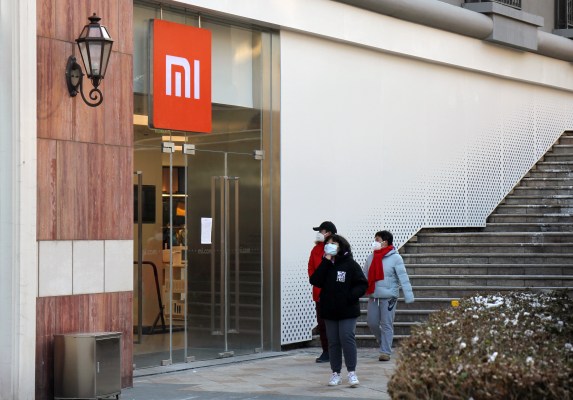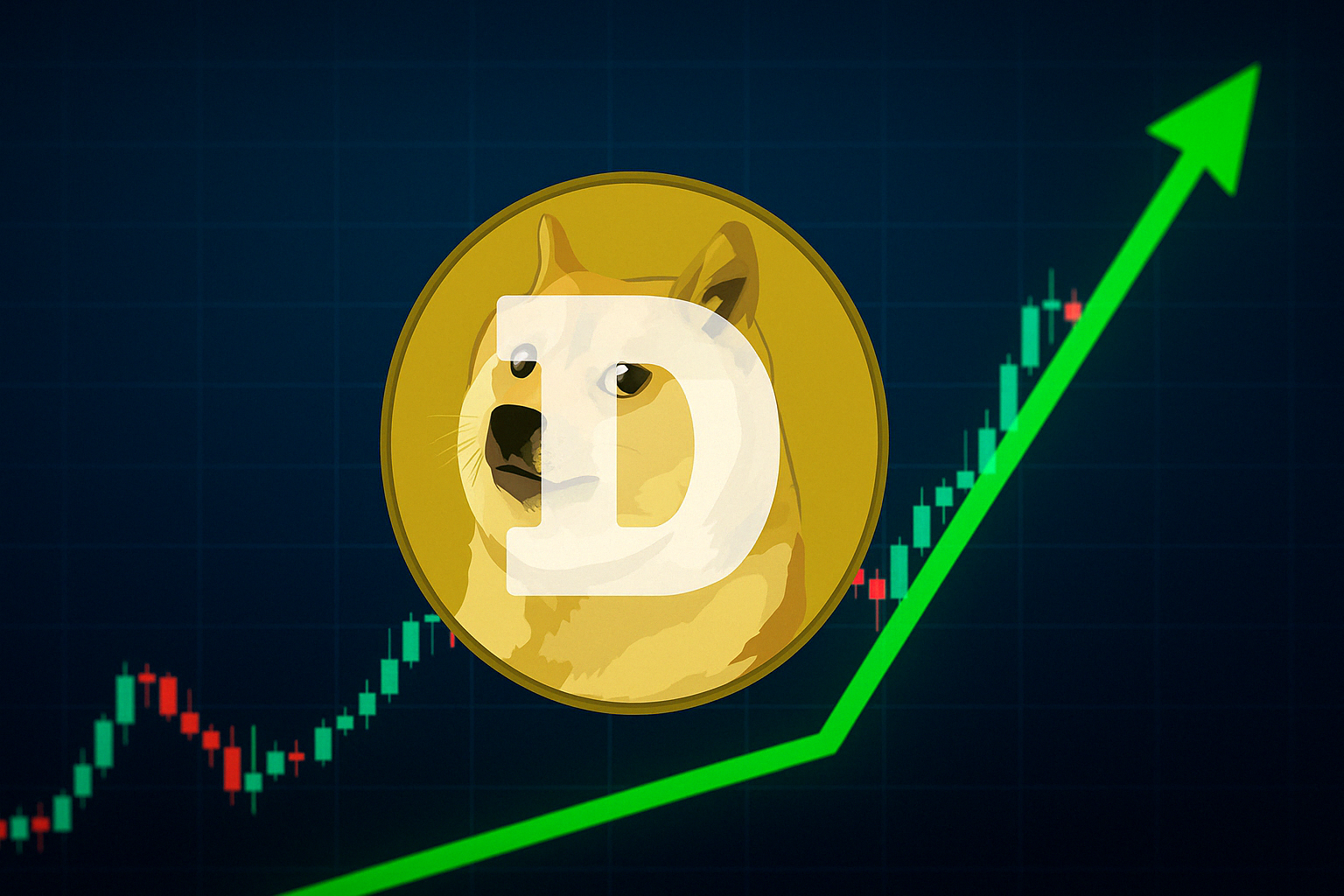AI breakthroughs could come via the brains of bees, scientists say
A bee's brain may only be the size of a sesame seed, but scientists in the U.K. believe its decision-making processes could help AI engineers in their work.

The brains of bees could help to take AI systems to the next level, according to scientists in the U.K.
The team at the University of Sheffield has conducted a study that it says reveals the underlying mechanisms that drive the creatures’ ”remarkable” decision-making capabilities, which could be transferred to AI technologies, the BBC reported.
Using 20 honey bees, the team carried out various tests to examine how the flying insect decides which flowers to explore for nectar, with particular attention paid to the speed and accuracy of their decisions to accept and reject different flowers.
The creatures were tracked with a camera to see how long it took them to decide which flower to fly to. The results revealed that they wasted no time in heading straight to flowers they thought would have food — landing there in an average of 0.6 seconds — but were equally quick to reject flowers that they judged as having no food.
The team then created a computer model designed to replicate the honey bees’ decision-making process. “This approach offered insights into how a small brain could execute such complex choices ‘on the fly,’ and the type of neural circuits that would be required,” the team said in its research paper, adding that the sophistication of honey bee decision-making processes “rivaled that reported for primates.”
Now it’s up to tech developers to consider how the findings might be adapted to refine the design of their AI-powered creations, with the scientists suggesting the results could be harnessed “to design more efficient decision-making algorithms for artificial systems, and in particular for autonomous robotics.”
The leader of the study, Dr HaDi MaBouDi, said the research could be used to create “better, more robust and risk-averse robots and autonomous machines that can think like bees — some of the most efficient navigators in the natural world.”
Editors' Recommendations
OpenAI building new team to stop superintelligent AI going rogue GPT-4: how to use the AI chatbot that puts ChatGPT to shame AI ‘godfather’ says fears of existential threat are overblown Senators to get AI lessons ahead of regulation decisions These ingenious ideas could help make AI a little less evilNot so many moons ago, Trevor moved from one tea-loving island nation that drives on the left (Britain) to another (Japan)…
Lawyer says sorry for fake court citations created by ChatGPT
There has been much talk in recent months about how the new wave of AI-powered chatbots, ChatGPT among them, could upend numerous industries, including the legal profession.
However, judging by what recently happened in a case in New York City, it seems like it could be a while before highly trained lawyers are swept aside by the technology.
This new Photoshop tool could bring AI magic to your images
These days, it seems like everyone and their dog is working artificial intelligence (AI) into their tech products, from ChatGPT in your web browser to click-and-drag image editing. The latest example is Adobe Photoshop, but this isn’t just another cookie-cutter quick fix -- no, it could have a profound effect on imagery and image creators.
Photoshop’s newest feature is called Generative Fill, and it lets you use text prompts to automatically adjust areas of an image you are working on. This might let you add new features, adjust existing elements, or remove unwanted sections of the picture by typing your request into the app.
Nvidia GPUs see massive price hike and huge demand from AI
It feels like we’ve only just emerged from the debilitating graphics card shortage of the last few years, but a new report suggests we can’t breathe easy just yet. Could a new GPU shortage be on the horizon, or are consumers safe from a return to another nightmare scenario?
According to DigiTimes (via Wccftech), Nvidia is seeing a huge surge in demand for its chips due to the explosion in artificial intelligence (AI) tools like ChatGPT. Nvidia offers a range of graphics cards that excel at AI tasks, including the A100 and H100, and the company is reportedly struggling to keep up in the wake of such massive demand.

 Koichiko
Koichiko 




































